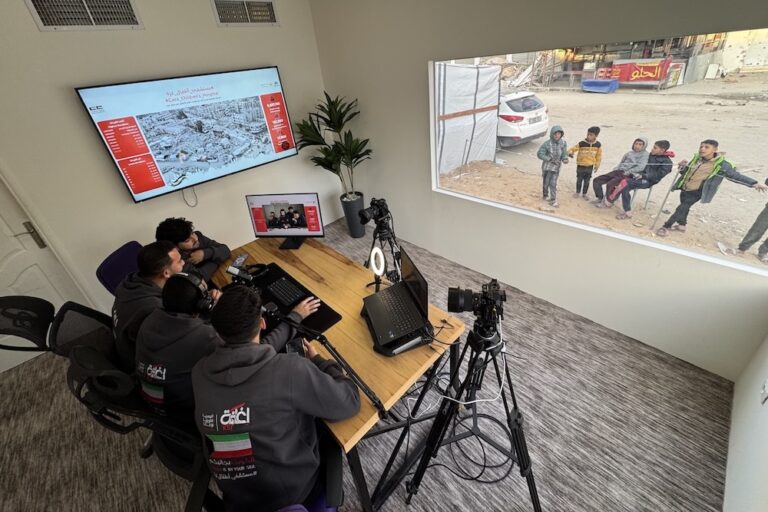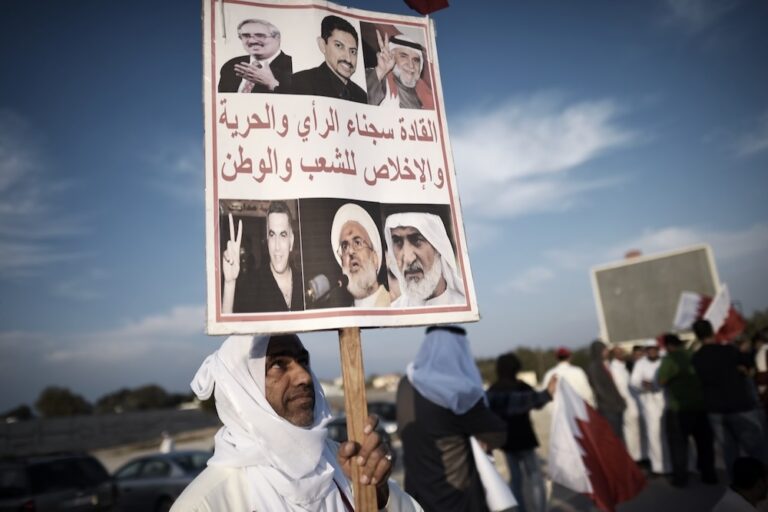The negotiation process around the Trans-Pacific Partnership, a powerful trade agreement, has shut out multi-stakeholder participation and is shrouded in secrecy.
UPDATE: TPP trade delegates shut out Internet users’ concerns as they continue to meet behind closed doors (EFF, 14 September 2012)
(EFF/IFEX) – August 27, 2012 – The Trans-Pacific Partnership (TPP) endangers the Internet and digital freedoms on par with the Anti-Counterfeiting Trade Agreement (ACTA), the Stop Online Piracy Act (SOPA), and the Protect Intellectual Property Act (PIPA), and it does so in two significant ways: First, its intellectual property (IP) chapter would have extensive negative ramifications for users’ freedoms and innovation, and second, the entire process has shut out multi-stakeholder participation and is shrouded in secrecy. The TPP is a major threat because it will rewrite global rules on IP enforcement and restrict the public domain.
As of now, corporate lobbyists are the only ones who have been officially invited to contribute and access the negotiating text. The Bush administration initiated TPP negotiations back in 2008, but closed door sessions over this powerful multi-national trade agreement have continued under the Obama administration, led by the Office of the United States Trade Representative (USTR). Governments are characterizing this as a free trade agreement, but its effects will go far beyond trade.
We are fighting back.
Activists, scholars, and individuals around the world are speaking out against the TPP’s onerous intellectual property chapter and the threat it poses to our digital freedoms. Americans and Canadians are protesting at every negotiation round; the Japanese are growing more disaffected; and demonstrations have also occurred in Malaysia, New Zealand, and Australia. Law professors from around the world and over 130 US representatives have raised alarm over the TPP in letters to Representative Ron Kirk, the head of the U.S. delegation.
Click here for more information on what you can do and for an infographic created by EFF to capture the most problematic aspects of TPP.


